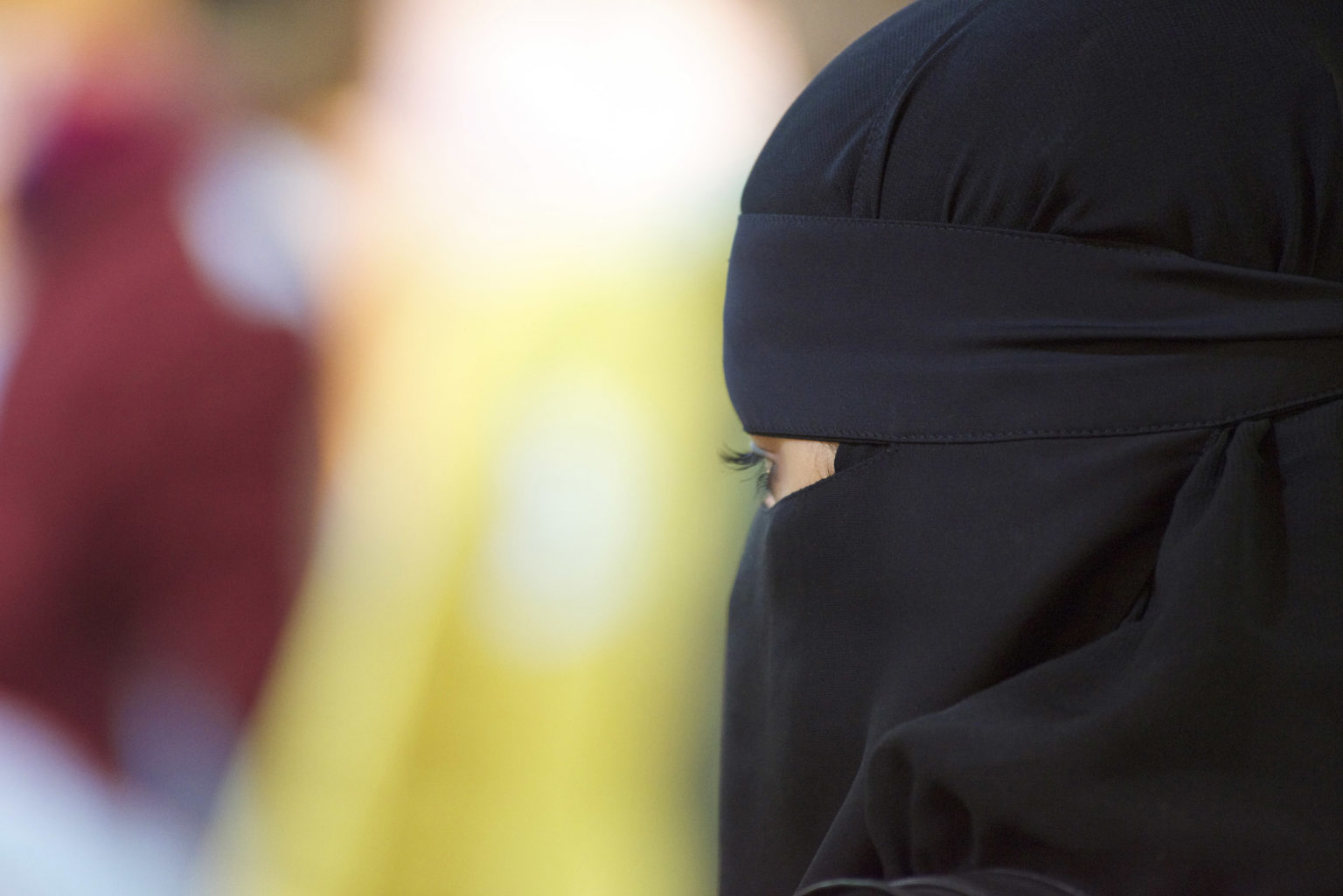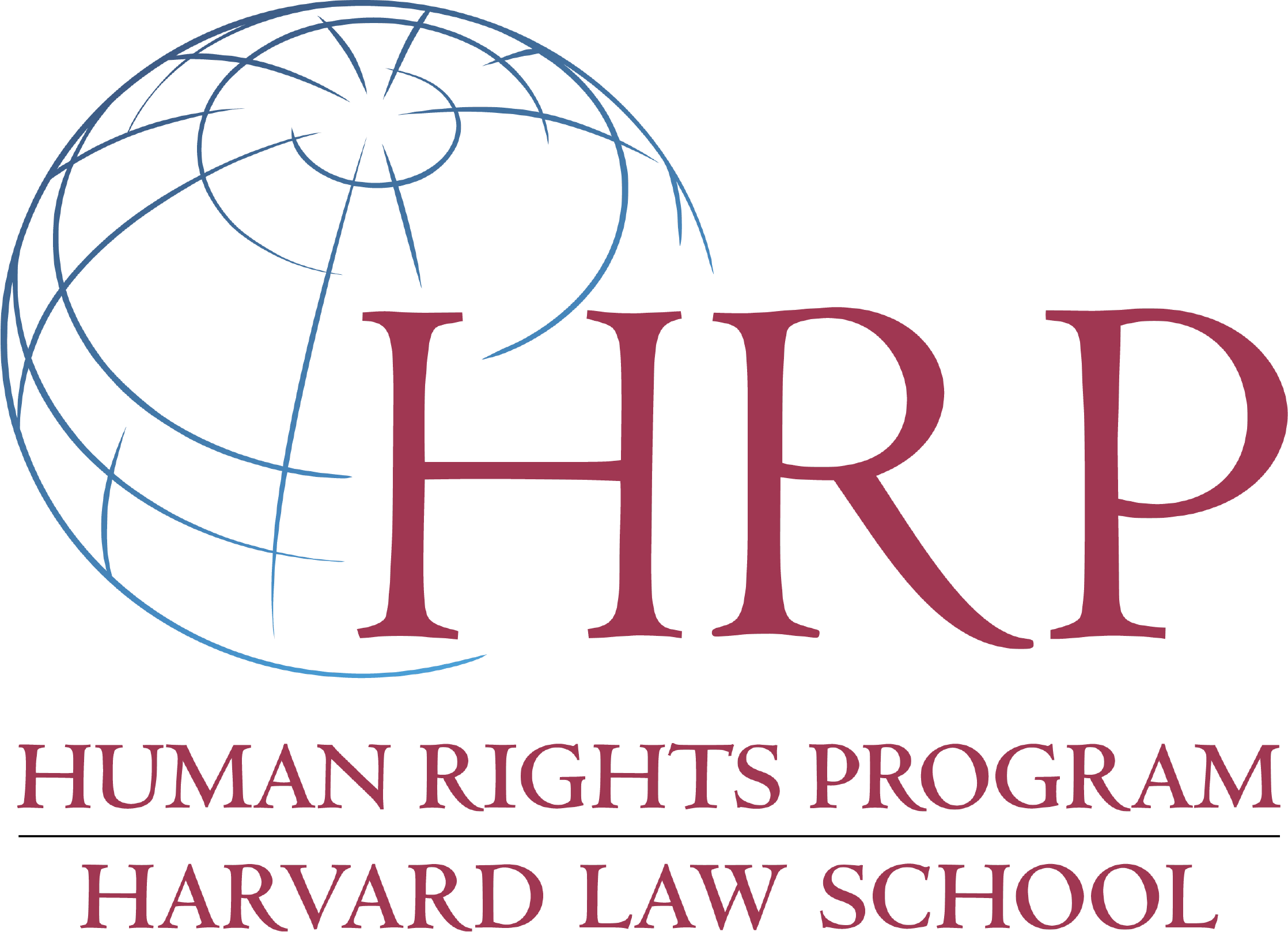
How do you protect against indirect discrimination?
HLS’s Human Rights Program convenes experts to explore the concept of indirect discrimination on the basis of religion
In 2010, France adopted a law banning full-face coverings in public. Opposed by several human rights organizations, the law was challenged quickly in the European Court of Human Rights (ECtHR) and later before the United Nations Human Rights Committee (HRC).
In bringing the cases, the applicants charged that the law discriminated against them indirectly. On the face of it, the law treated everyone the same, but it had disproportionate effects for Muslim women who wore niqabs. Notably, the ECtHr upheld the law, while the HRC found it to be a violation of human rights.
Cases like these, and differences between approaches, occupied much of the conversation at a recent Harvard Law School Human Rights Program (HRP) workshop focusing on indirect discrimination on the basis of religion.
Gerald Neuman ’80, the J. Sinclair Armstrong Professor of International, Foreign, and Comparative Law, convened the workshop on Saturday, April 18. HRP hosted the workshop in cooperation with the Harvard Law School Project on Disability, the Columbia Law School Human Rights Institute, and the Harvard Human Rights Journal.
Read the full story about the workshop on the Harvard Law Today website.
